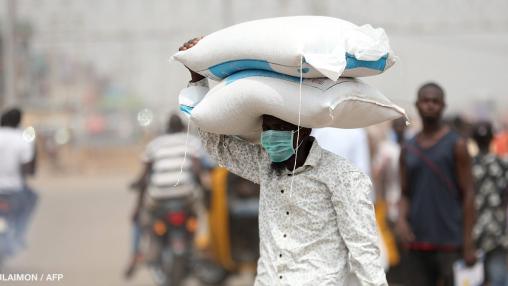
Will COVID-19 cause another food crisis? An early review
COVID-19 is disrupting economies around the world, but will it cause a food crisis? IFPRI Director General Jo Swinnen says it depends whether you are rich or poor. Jo synthesizes insights from several blog posts in this series to make the case that governments must emphasize policies and programs that target the immediate needs of their poorest citizens.—John McDermott, series co-editor and Director, CGIAR Research Program on Agriculture for Nutrition and Health (A4NH).
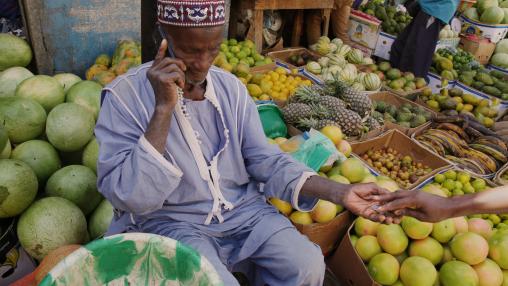
COVID-19: Trade restrictions are worst possible response to safeguard food security
This post originally appeared on IFPRI.org blog.
As COVID-19 spreads around the globe, fears of a deep global recession are mounting. Some also fear that food supplies may start running short, especially if supply chains are disrupted. Others fear that agricultural production may be disrupted by containment measures that restrict workers from harvesting and handling crops.
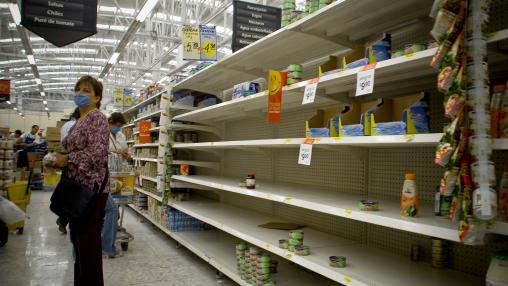
Coronavirus and the Implications for Food Systems and Policy
It originally appeared on Agrilinks.
The COVID-19 virus, commonly referred to as coronavirus, is spurring dramatic changes to economic, healthcare, transportation, and education systems around the world. No less important is the potential for COVID-19 to impact local and global food systems and their ability to provide safe, affordable, and nutritious food as well as sufficient incomes for people working in food and agriculture sectors. As the COVID-19 pandemic is still evolving, it is difficult to know the geographic reach and degree of impact we can expect to see across food production and distribution systems. Looking to past viruses as well as China’s handling of COVID-19, however, might help guide future responses in public policy and programming.

How much will global poverty increase because of COVID-19?
This post originally appeared on IFPRI.org blog.
In a recent blog post, we analyzed how the spread of the disease associated with the novel coronavirus (COVID-19) may bring damage to the global economy, and with it to food security and efforts to reduce poverty. We emphasized that the economic impacts of the present pandemic will be different from previous ones, including SARS, avian influenza, and MERS, which caused direct damage to livestock sectors, leading to food shortages and food price hikes in affected areas. No major food shortages have emerged thus far because of COVID-19.
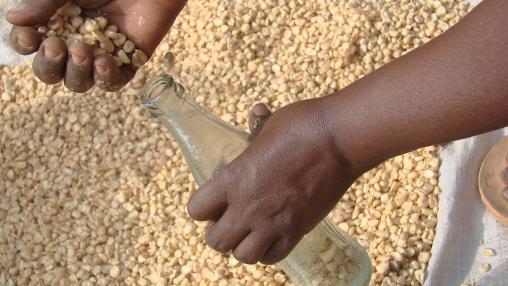
FAO Food Price Index Declines Slightly But Remains Above February 2019 Levels
After four straight months of increases, the FAO Food Price Index declined slightly in February. The one percent drop was driven mainly by significant decreases in vegetable oil prices and more moderate decreases in meat and cereal prices. The Index remains above its February 2019 levels by 8.1 percent.
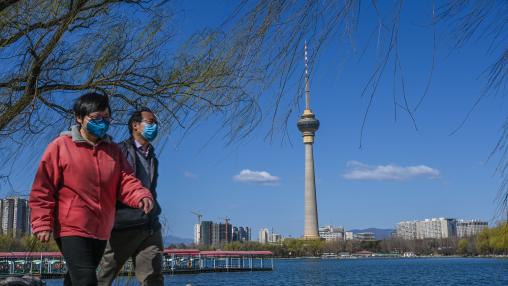
As COVID-19 spreads, no major concern for global food security yet
The novel coronavirus (COVID-19) continues to spread rapidly. So far, more than 116,000 cases and over 4,000 deaths have been reported worldwide. Since its start in China in December, the outbreak has spread to over 100 countries in less than three months. To contain the pandemic, entire cities and regions in Asia and Europe have been by and large shut down, putting a halt to much economic activity, quarantining workers and idling factories and many service activities. Major sports events are being cancelled and, around the world, international travel is being curtailed. In an unprecedented move, the IMF and World Bank have decided to hold their spring meetings virtually to avoid a large gathering of people in Washington, D.C., that might become a breeding ground for the virus to spread.
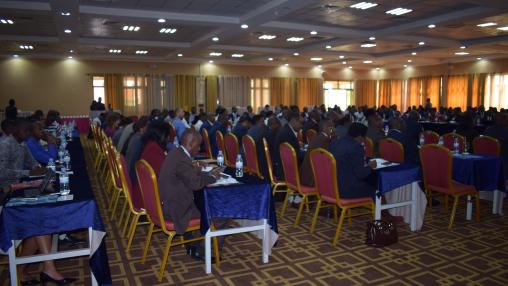
Building Capacity for Rwanda’s Agricultural Transformation: A Policy Dialogue on Policy Research and Communications
Rwanda’s Fourth Strategic Plan for Agricultural Transformation (PSTA IV) presents an ambitious plan to dramatically change the country’s agricultural sector and rural economy. Released in 2018, the plan forms a critical component of Vision 2050, which envisions Rwanda’s transformation into an upper middle income country by 2035 and a high income country by 2050.
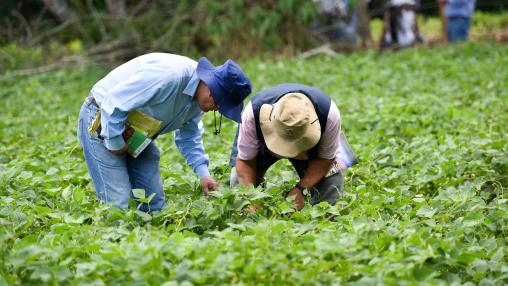
Latin America & Caribbean strengthen their cooperation for climate action
This post originally appeared on the CGIAR Research Program on Climate Change, Agriculture, and Food Security blog.
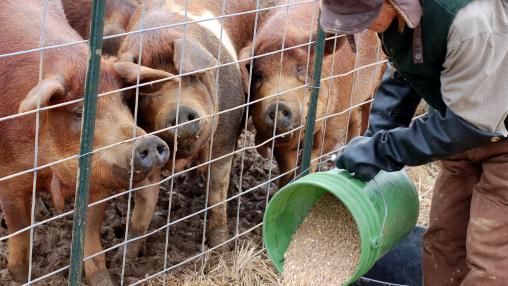
FAO Food Price Index Rises for Fourth Straight Month
The FAO Food Price Index continued to rise in January for the fourth consecutive month. While the month-on-month increase from December was marginal (0.7 percent), the Index reached 11.3 percent higher than its January 2019 levels. The increase was driven mainly by vegetable oil prices, although cereal prices also played a role to a lesser extent.
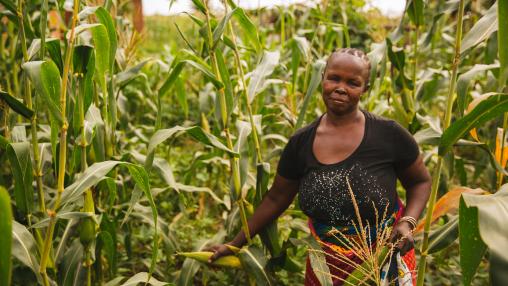
Global markets can help reduce climate-driven food insecurity
Climate change is almost certain to increase the volatility of agricultural output over the next 30 years—particularly in low-income countries in Africa south of the Sahara and other areas around the world where subsistence farming is a major source of food production. Climate-driven impacts such as droughts and extreme weather events will raise the risk of severe food shortages for smallholder farms and in rural and urban communities throughout those countries.